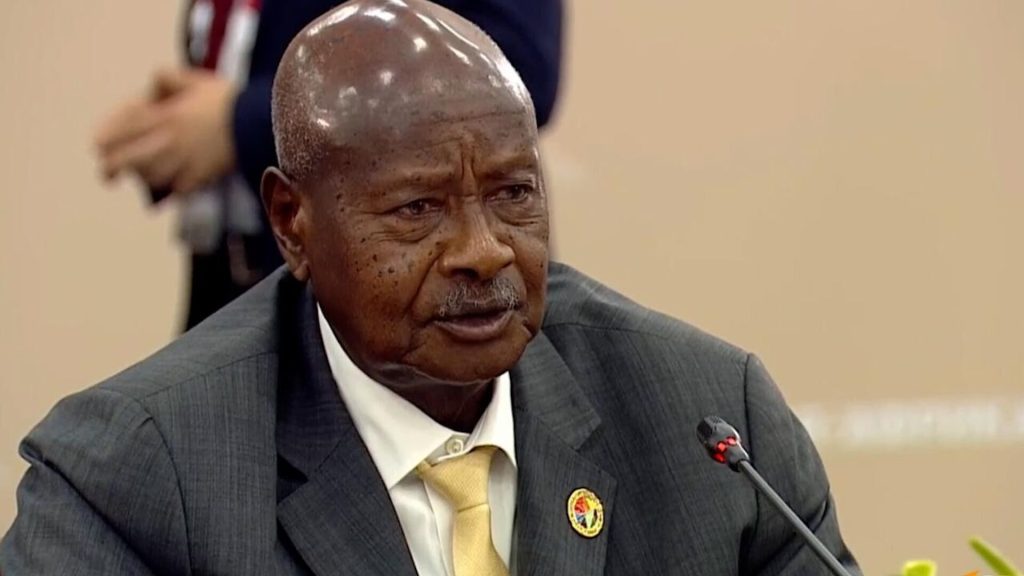Uganda Passes Controversial Law Allowing Military Trials for Civilians Despite Supreme Court Opposition
Museveni signs law allowing military trials for civilians, defying Supreme Court’s earlier ruling.
Rights groups raise alarm over abuse risks as opposition warns of deeper democratic backsliding.
Ugandan President Yoweri Museveni has officially signed into law a controversial amendment that permits military courts to try civilians under certain conditions, a move that has sparked renewed criticism from human rights groups and opposition figures. The development comes just months after the Supreme Court ruled such trials unconstitutional, arguing they infringe upon the fundamental rights of civilians and undermine judicial impartiality.

The new amendment, which was passed by the Ugandan Parliament in May, was introduced to address what the government described as a growing threat posed by armed civilian groups and politically motivated violence. Despite concerns raised by the judiciary and a boycott by opposition lawmakers, the ruling party pushed the legislation through, insisting it is necessary for national stability.
President Museveni, who has been in power since 1986, has long been accused by critics of using the military justice system to suppress political opposition. Human rights advocates argue that military courts lack transparency and are often used as a tool to intimidate dissenting voices. They note that civilians accused of political offenses, especially those involving firearms or allegations of terrorism, are frequently denied fair trials when prosecuted in military tribunals.
The Supreme Court’s earlier ruling declared that military courts lack the impartiality and jurisdiction to try civilians. In that landmark judgment, justices emphasized that military tribunals are created to maintain discipline within the armed forces not to serve as substitutes for the civilian judicial system.
Nevertheless, Museveni’s government has argued that some civilians particularly those found in possession of firearms or involved in armed political violence pose a significant threat to public safety and should be tried under the stricter protocols of the military system. “The law will deal decisively with armed violent criminals, deter the formation of militant political groups that seek to subvert democratic processes, and ensure national security is bound on a firm foundational base,” said army spokesperson Chris Magezi on X (Twitter) shortly after the bill’s passage.
Opposition leaders have condemned the amendment, calling it a direct violation of the Supreme Court’s ruling and an erosion of constitutional protections. They argue that the law not only undermines the authority of the judiciary but also endangers the rights of citizens to due process under a civilian legal system.
A notable case illustrating the ongoing legal tug-of-war is that of Dr. Kizza Besigye, a veteran opposition leader and former presidential candidate. Besigye, who was previously facing charges in a military court, had his case transferred to a civilian court following the Supreme Court’s January ruling. Critics fear that the new amendment could reverse such gains and reopen the door for similar politically charged prosecutions.
Legal analysts say that the amendment could still face further challenges. Under Uganda’s legal framework, citizens have the right to petition the courts if they believe a law infringes on constitutional rights. As such, the judiciary could yet be called upon to review the legislation again in light of public opposition or new legal arguments.
In the meantime, human rights organizations are urging the international community to keep a close watch on how the law is implemented and whether it leads to a rise in military prosecutions of civilians. Many warn that the legislation sets a dangerous precedent for weakening the separation between military and civilian judicial processes in Uganda.



